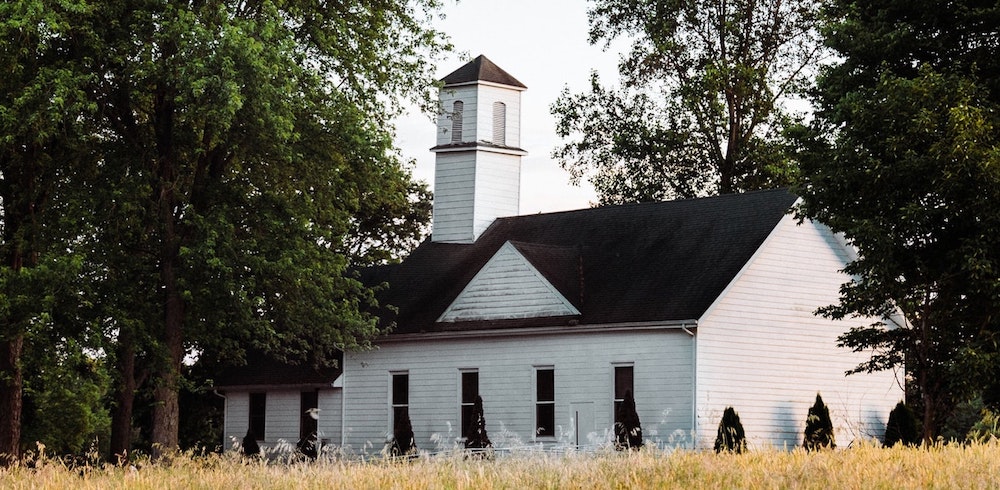Plus: Religion and SUD in rural America, the importance of connectedness to recovery, and lax medical measures for seniors who drink
By William Wagner
Add more lethal timber to the blaze that is the opioid epidemic: “benzo-dope,” or benzodiazepine-adulterated opioids, an escalating cause of overdose deaths. Other topics that piqued our interest are the harsh views toward people with substance use disorder (SUD) among churchgoers in rural America, the role a strong community can play in recovery, and the troubling lack of oversight by doctors regarding alcohol use by seniors.
From The Conversation:
The Rise of “Benzo-dope”
Opioids adulterated with fentanyl, often unbeknownst to the user, have triggered scores of overdose deaths. Now opioids mixed with benzodiazepines—sedatives such as Xanax, Klonopin and Valium that affect the central nervous system—are emerging as a primary OD culprit in British Columbia, Canada. According to a new report in The Conversation, benzo-dope, the combination of opioids and benzodiazepines, is seeping into the illicit drug market in British Columbia. Benzodiazepines have had a role in up to 60% of the OD deaths there, and between April 2020 and April 2021, opioids testing positive for benzodiazepines jumped from 5% to about 25%. As with fentanyl, users frequently aren’t aware they’re taking opioids adulterated with benzodiazepines. And since benzodiazepines don’t fall into the opioid family (unlike fentanyl), benzo-dope is resistant to the overdose-reversal medication naloxone.
Will benzo-dope work its way to a city near you? It’s entirely possible. The authors of the piece in The Conversation state, “As researchers in substance use, we questioned whether the increasing supply of benzo-dope in the unregulated drug market would saturate the opioid supply in a similar way fentanyl did to heroin years ago. The data seem to suggest we should be prepared for the unregulated drug supply to adjust to a new normal.”
From the Journal of Rural Mental Health:
Religion and SUD in Rural America
In rural America, the compassionate tenets of religion seem to end with SUD. Researchers from the Social Action Lab at the University of Pennsylvania Annenberg School for Communication studied rural areas of Appalachia and the Midwest where churchgoing is commonplace and found that populations in these regions widely support punitive drug policies.

The study puts it bluntly: “[R]eligious attendance and religious norms may reduce compassion toward others in the context of the rural drug use epidemic in the United States.” The researchers surveyed more than 3,000 people from Alabama, Georgia, Illinois, Indiana, Kansas, Kentucky, Michigan, Missouri, Ohio, Pennsylvania, South Carolina, Tennessee, Virginia and West Virginia.
From the University of Virginia:
The Importance of Community to Recovery
Two anthropologists from the University of Virginia, Jarrett Zigon and China Scherz, are working on a study highlighting the connection between community and addiction recovery. Strong, supportive communities, they posit, translate to better outcomes. In a news release about the study, Scherz said, “Using drugs alone is particularly dangerous with no one to help you.” The isolation that can trigger drug use has been exacerbated by the COVID-19 pandemic.
From Alcoholism: Clinical and Experimental Research:
Alcohol Use Among Seniors Slips Through the Cracks
According to a recent study by researchers from Columbia University Mailman School of Public Health, more than half of U.S. seniors (65 and older) weren’t asked about their alcohol use by their doctor during a healthcare visit within the previous year. As Pia Mauro, the study’s lead author, notes in a news release, this oversight can have serious health implications. “Older adults are at high risk for the harms of alcohol use, especially for those with existing chronic disease and who take prescribed medications,” Mauro said. “Alcohol use can therefore lead to negative consequences and complicate the management of chronic medical diseases among older adults, making discussions about alcohol with providers particularly important in this population.”
Top photo: Shutterstock; bottom photo: Colin Maynard














